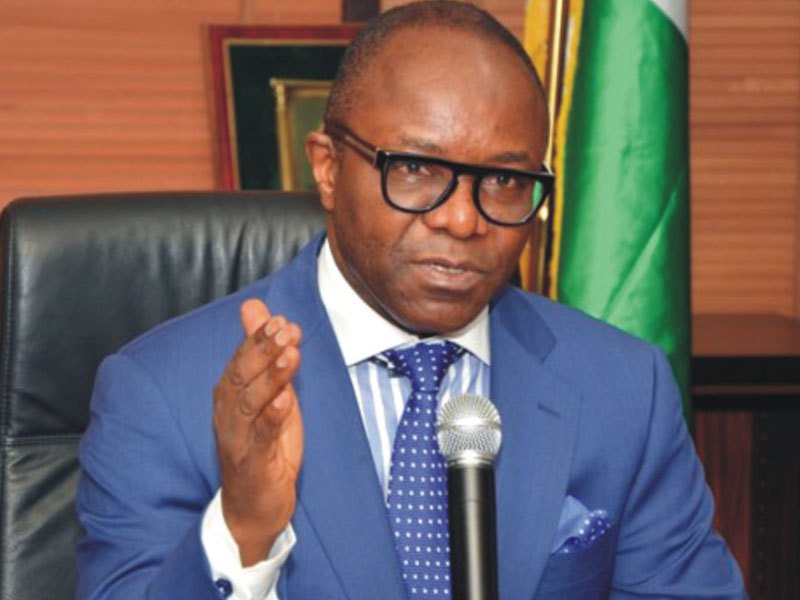The Nigerian National Petroleum Corporation (NNPC) has unveiled a three-phased corporate strategy to enhance its market opportunities, particularly in the African continent between now and 2021.
The thrusts of the plan were contained in the corporation’s latest latest edition of the quarterly in-house publication with the cover story titled ‘From Gas to Greatness’.
The corporation’s Group General Manager, Corporate Planning and Strategy, Mr. Bala Wunti, projected that by 2021, the implementation of the strategic expected the strategy to have come into full cycle.
Specifically, the corporate strategist disclosed in the publication that the state-owned oil and gas entity had as its three-phased corporate strategy as a survival phase, which would last until the end of 2018; a consolidation phase, which is expected to kick in 2019; and then a long-term phase, scheduled for implementation and becoming full-fledged by 2021.
He projected that by the phases would have been completed, the corporation would have expanded its business footprints beyond Nigeria as a net exporter of refined petroleum products, and a hub for other hydrocarbon businesses at the continental and global spaces.
Wunti predicted that these initiatives would lead to raising the corporation’s domestic refining capacity to about 650, 000 barrels per day (bpd) up by about 205,000 bpd from its current production capacity.
He said: “While our strategy department is in charge of strategy development and business model formulation, our Corporate Planning Department (CPD) is in charge of our planning and budgeting process.
“Key performance indicators are established to monitor performance and ensure our business plans achieve the desired strategic objectives”, Wunti added.
Expatiating further on the three phases, the corporate strategist explained that under the survival phase stage the corporation has to seek to resolve protracted legal and commercial stalemates hindering it from taking major investment decisions that have long term growth implications.
He listed the constraints to include resolving Production Sharing Contracts (PSC) arbitrations; Escravos Gas-to-Liquids (EGTL) project disputes as well as taking Final Investment Decisions (FIDs) on critical upstream projects.
According to him, the second phase, involves midterm consolidation phase where the corporation would be seeking to achieve major milestones most of which align with national aspirations as enshrined in the Economic Recovery and Growth Plan (ERGP).
Wunti listed the specific targets of the initiatives under the second phase as, achieving three million barrels per day (mbd) average oil production, 45 billion reserves, and Incorporated Joint Venture (IJV) implementation
Others are, Seven Critical Gas Development Plan (7CGDP), five billion standard cubic feet per day (scfd) of gas to domestic market and growing NNPC refining capacity to about 650, 000 barrels per day (bpd).
He projected that in the long, post 2021, term, the corporation would have achieved a long term growth by expanding its activities and becoming a net exporter of products and dominating the West African sub-region in oil and gas marketing.






